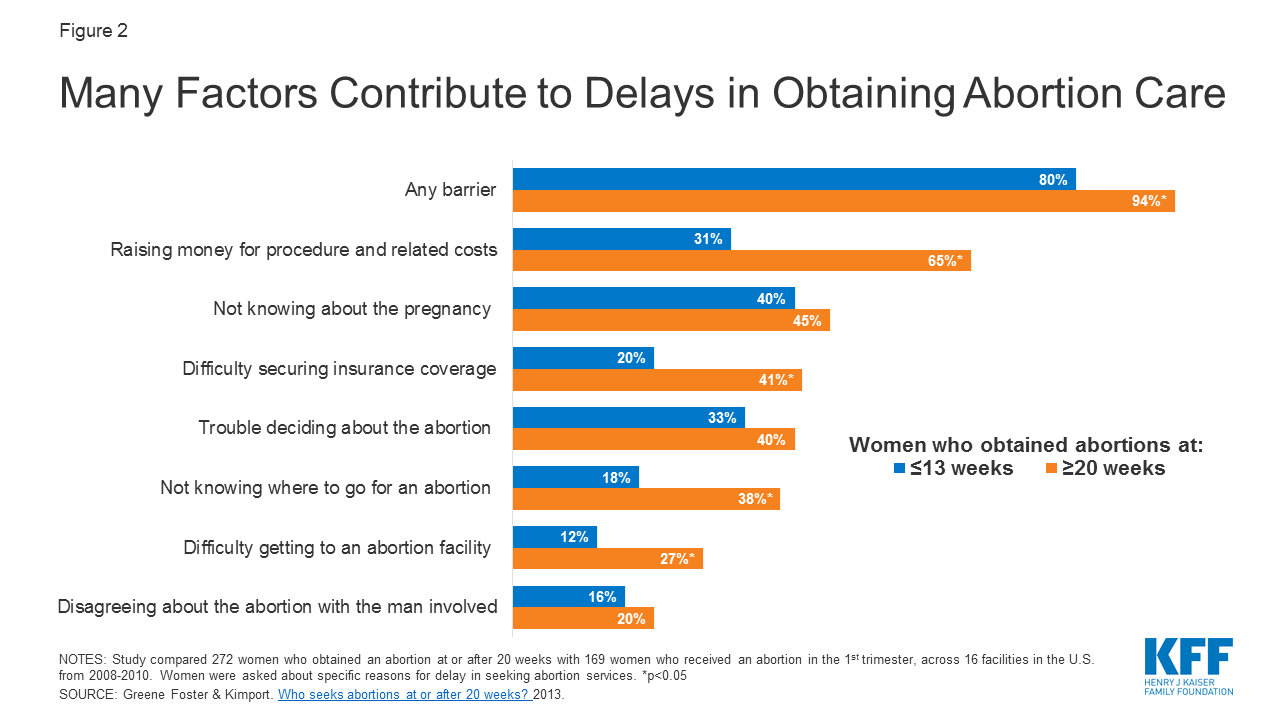Utilitarianism and Abortion
Life, Death, and Autonomy
Should your right to autonomy extend to terminating a living being? This fundamental question is the crux that divides tens of millions of Americans. The imminent Supreme Court decision in Dobbs v. Jackson Women’s Health Organization makes abortion more salient in the public sphere than it’s been in recent memory. A necessary question we must all ask ourselves and others is this: What normative ethics inform your policy preferences concerning abortion? I tend to apply utilitarianism as my foremost guidance in policy decisions—I value maximizing overall welfare while respecting moral pluralism in making collective action decisions. The question then becomes what abortion policies make the most people better off.
Are You Valuing Life?
Many people genuinely believe there is no excuse for allowing a woman to terminate a pregnancy because it robs an unborn child of their choice. This view takes no account of pregnant womens’ lives. A ban on all abortion everywhere in the US would likely lead to a 21% increase in pregnancy-related deaths. This is poor both on utilitarian and bioethical grounds. Furthermore, it’s cruel to birth a fetus with a congenital defect that causes profound suffering—it violates hedonistic utilitarianism. One example is Werdnig–Hoffmann disease. We can confidently assert that restrictions on all abortions don’t value life.
Valuing life also requires ascertaining how restrictions affect the total number of abortions. A study published in the Lancet in 2020 found that the average abortion rate across 166 countries is the same in countries that ban abortions as it is in countries where it’s broadly legal:


Note that China skews the sample significantly because the CCP often forces people to have abortions because of state-mandated family planning or ethnic cleansing.
If certain restrictions have little to no effect on reducing total abortions—rather just making them less safe—there is no prudence in their enactment. Women are especially likely to harm themselves to terminate a pregnancy, especially in cases of incest and rape. We know the vast majority of abortions occur early in pregnancy:

As of 2021, 92.7%% of abortions are done at or before 13 weeks gestation. This number is likely a lower bound because the CDC data likely undercounts early medical abortions, such as taking Misoprostol. Undue restrictions increase the likelihood of delaying abortion:

If we care about life, policies that practically guarantee a later abortion when fetuses can feel pain and primordial consciousness starts developing are horrible. Thus, it’s critical to ensure that women have ample access early on. But that doesn’t mean we should allow any and all abortions.
Some Restrictions Apply
Assuming that we ensure women have adequate access early, restrictions are necessary if we want to maximize life. We know that few women have abortions past 21 weeks. A ban at that point (with a health and endangerment exception) wouldn’t make much of an impact on womens’ health and still provide protections for unborn life. Anything past fetal viability is tantamount to infanticide, hence why it must require extraordinary circumstances to justify. Even though some restrictions have merit, utilitarianism requires us to shift our focus to policies that have the largest impacts on preserving life and maximizing happiness.
Good Birth Control
Women have increasingly used Long-Acting Reversible Contraceptives (LARCs) instead of pills and condoms. The efficacy of LARCs is 99.2% or higher, even assuming typical user error. This is significantly greater than condoms or pills. Ensuring that women have access to these highly effective contraceptives is critical for reducing unwanted pregnancies, a large portion of which result in abortions. This also helps reduce the large economic costs borne on poor women and tax-payer funded welfare systems without the moral quandary of terminating a pregnancy for economic hardship. Comprehensive sexual education and public health campaigns are critical to give women the information to use high-efficacy birth control and access safe abortions as early as possible.
Pro-Natal Policies
Increasing and supporting family formation is important for reducing unwanted pregnancies too. Although pro-natal policies can be expensive, and their efficacy varies depending on policy intervention, they give more financially struggling women a clear option to carry the fetus to term. Child benefits, reducing the cost of pregnancy and post-natal care, making adoption affordable, and reducing child care costs would all help reduce abortions. Maximizing life and liberty for all requires that we sift through the proverbial policy weeds. Otherwise, we unwittingly deprive society of the things we ironically claim to cherish.